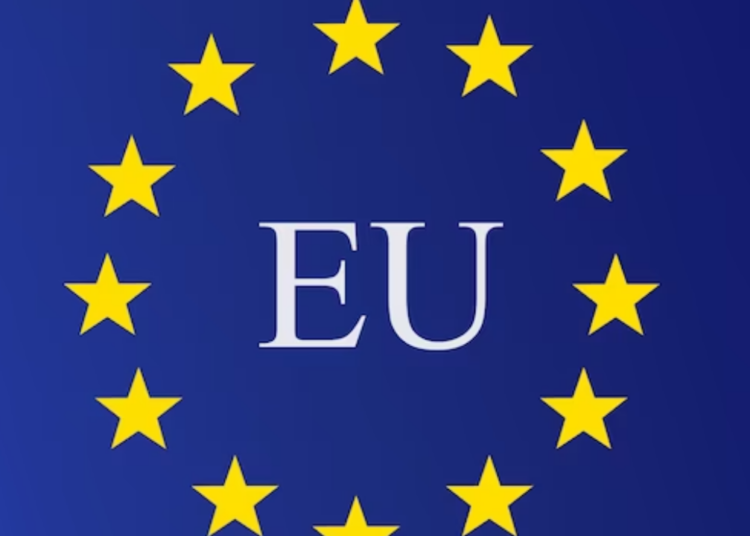Amid the growing concerns about the planet’s future, the European Union (EU) is rallying nations and citizens with a call for zero waste practices.
It invited the stakeholders to join forces in building a future where waste is minimised and resources are maximised.
The deputy Ambassador, European Union delegation to Nigeria and ECOWAS, Zissimos Vergos, stated this in Abuja yesterday at the maiden edition of the commemoration of International Day of Zero Waste in Nigeria.
It would be recalled that, at its seventy-seventh session on 14 December 2022, the United Nations General Assembly through a resolution declared 30 March every year the International Day of Zero Waste.
The event, organised by the Federal Ministry of Environment and the European Union delegation to Nigeria and ECOWAS, also witnessed the launching of Nigeria Circular Economy Roadmap and inaugurating its Inter-ministerial committee by minister of environment, Balarabe Lawal.
Vergos said the EU has joined others around the globe to mark the occasion for the very first time following its proclamation by the United Nations last year.
LEADERSHIP reports that the International Day of Zero Waste highlights both, the importance of bolstering waste management globally, and the need to promote sustainable consumption and production patterns.
He said, “Waste pollution significantly threatens human well-being and economic prosperity. It is part of the triple planetary crisis of climate change, nature and biodiversity loss, and pollution. Without urgent action, annual municipal solid waste generation will hit 3.8 billion tonnes by 2050.
“Let me then use this opportunity to appreciate the Honourable Minister of Environment and his team for all the good work we have done together in addressing the menace of waste in our environment!
“Let us All embrace the culture of Zero-waste, let us Beat Waste together.”
On his part, the minister of environment, Balarabe Lawal said the International Day of Zero Waste aims to promote sustainable consumption and production patterns, support the societal shift towards circularity and raise awareness about how zero-waste initiatives contribute to the advancement of the 2030 Agenda for Sustainable Development, among others.
He said the zero waste initiatives can foster sound waste management to minimise and prevent waste, helping to address the triple planetary crisis, protect the environment, enhance food security and improve human health and well-being.
“Nigeria is one of the fastest-growing countries in the world with a population of over 200 million, generating about 32 million tons of solid waste per year.
“The large volume of waste being generated in the country presents circular economy business opportunities across the waste management value chain which should be properly harnessed for job creation, establishment of micro, small and medium scale enterprises, private sector investment including foreign direct investment through building the right infrastructures, such as community material recovery centres, recycling plants, composting plants, waste to-energy plants,” he said.











